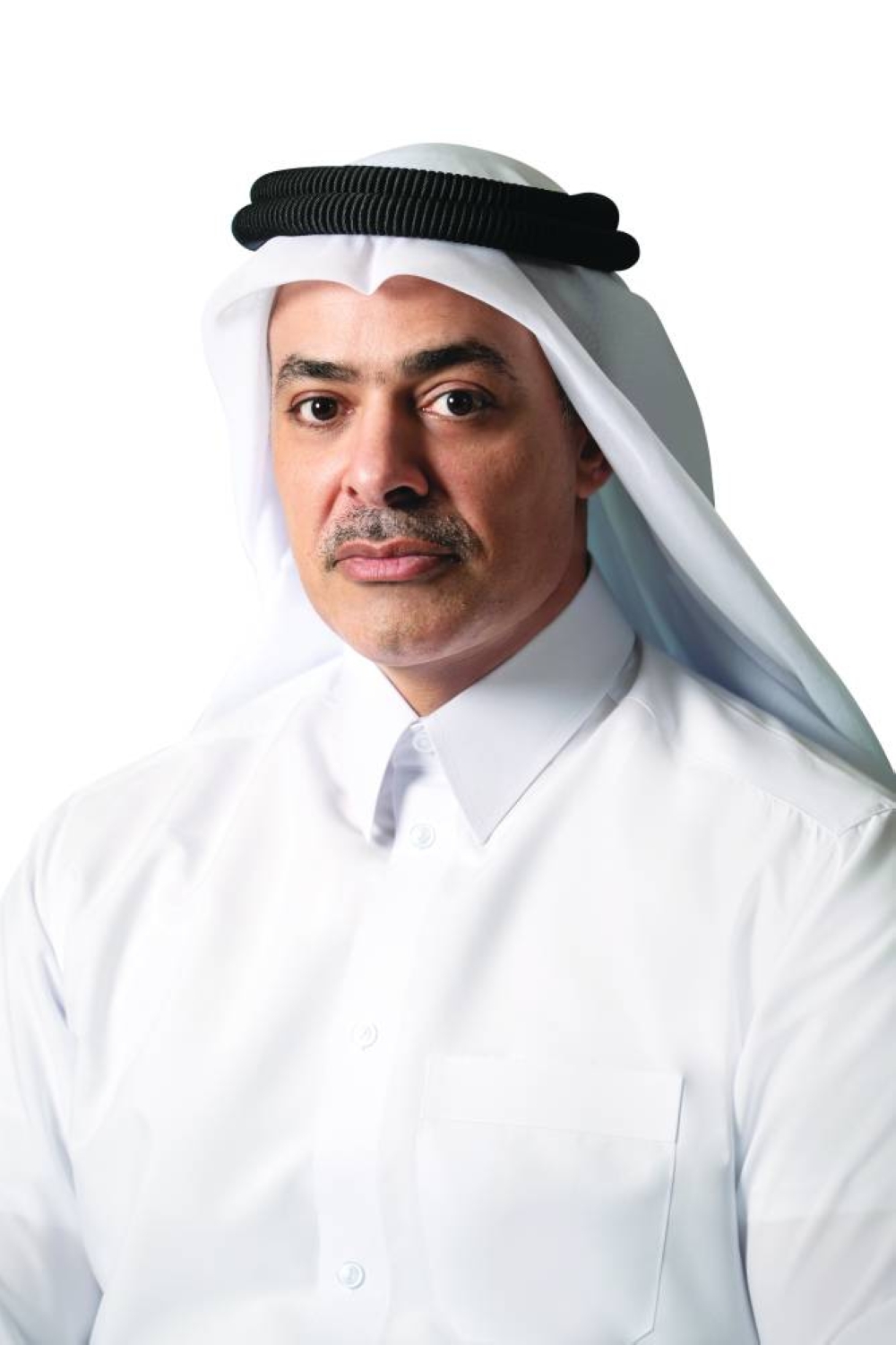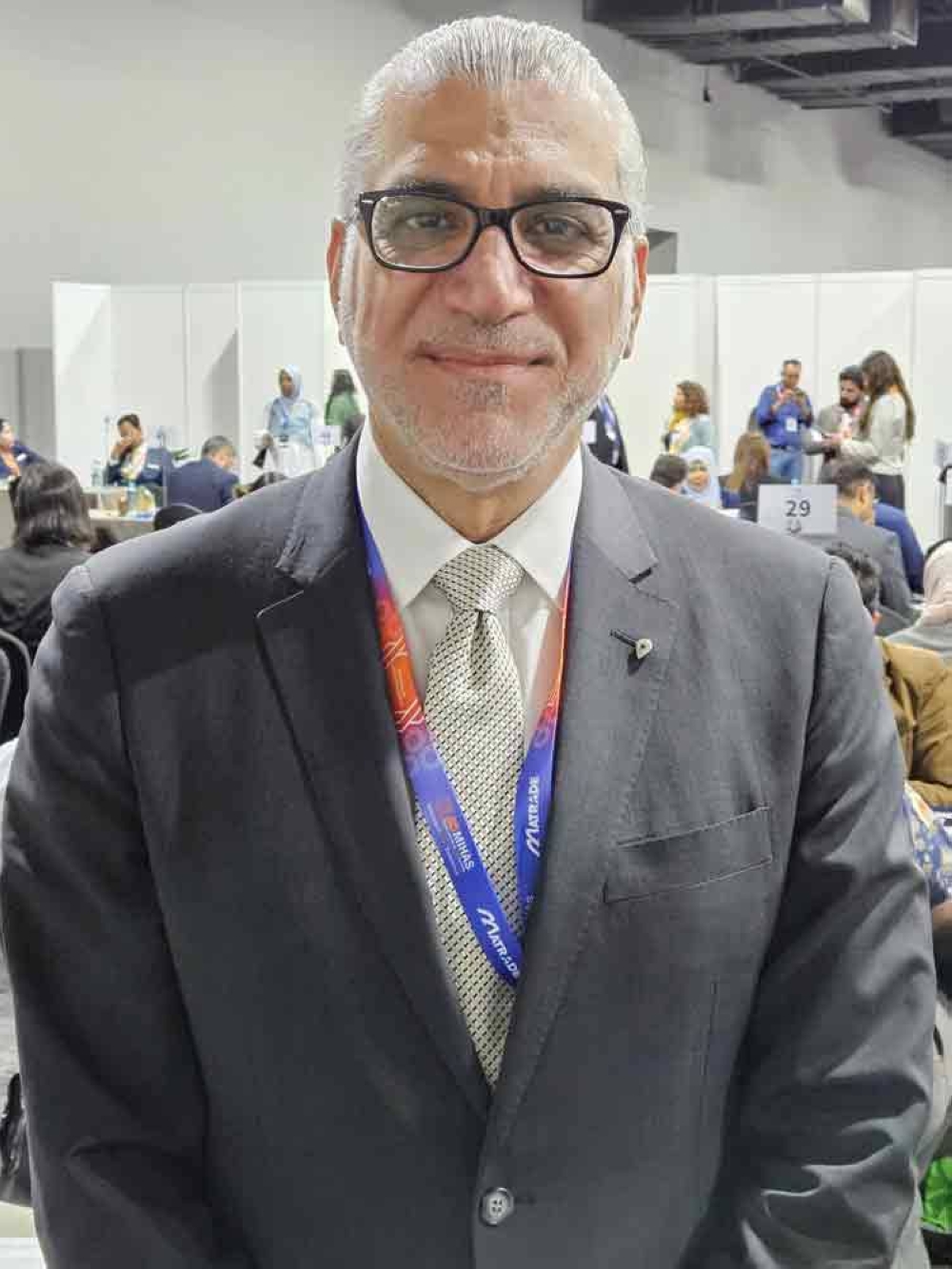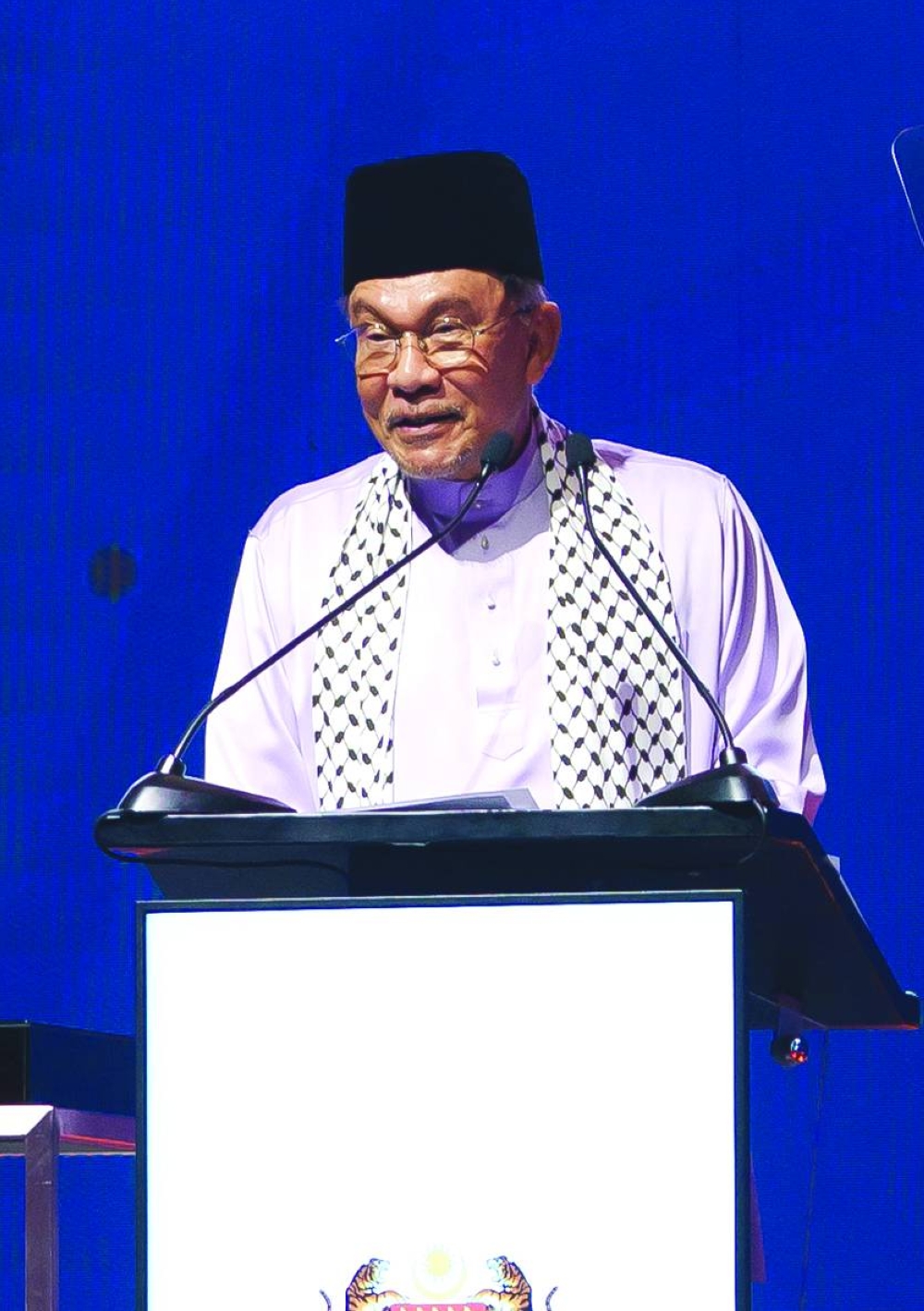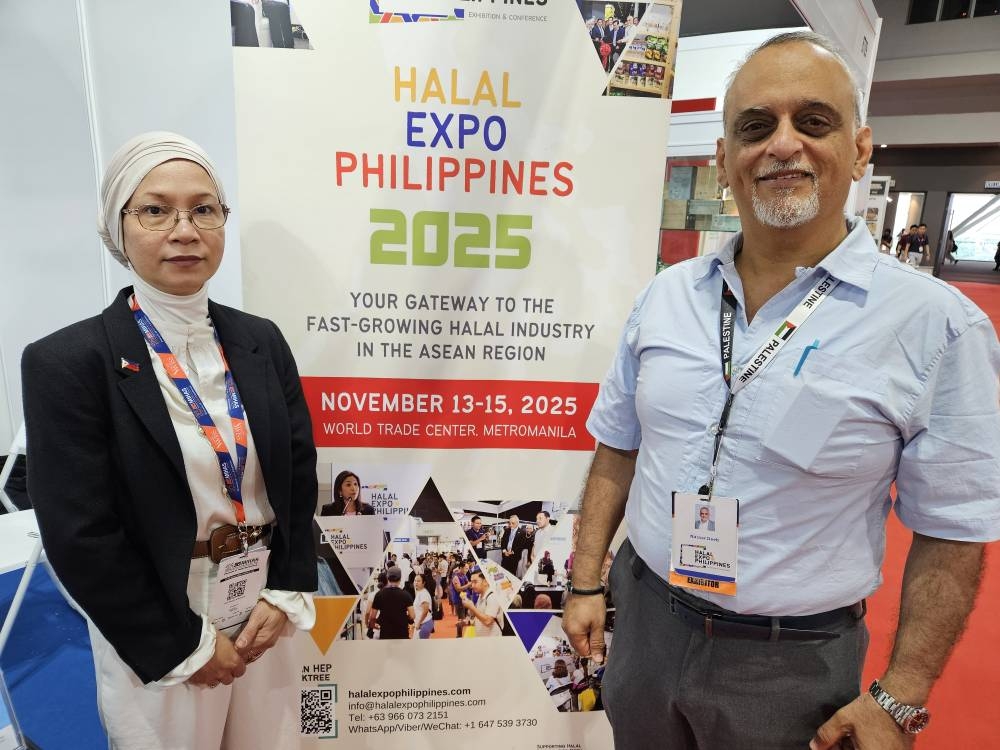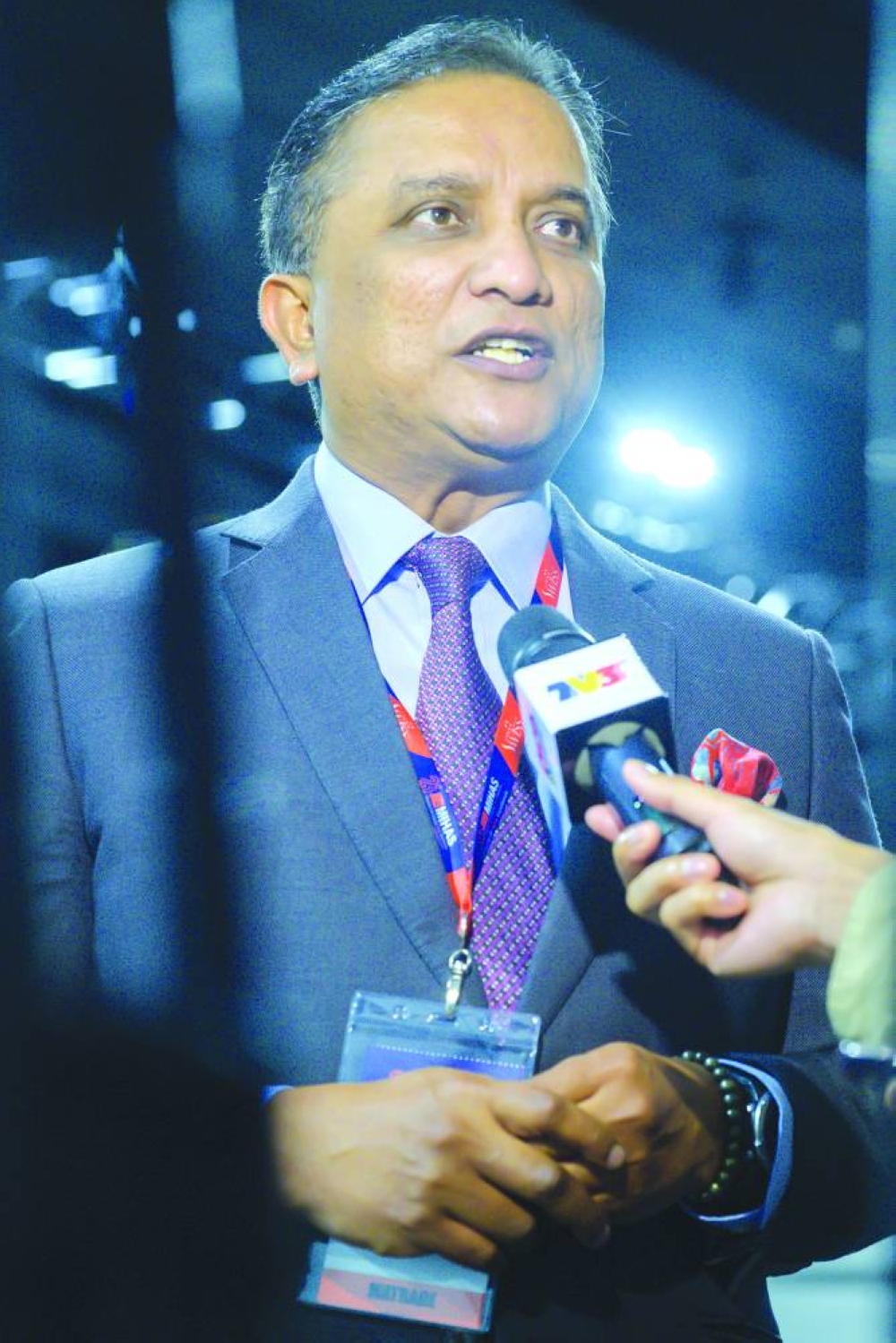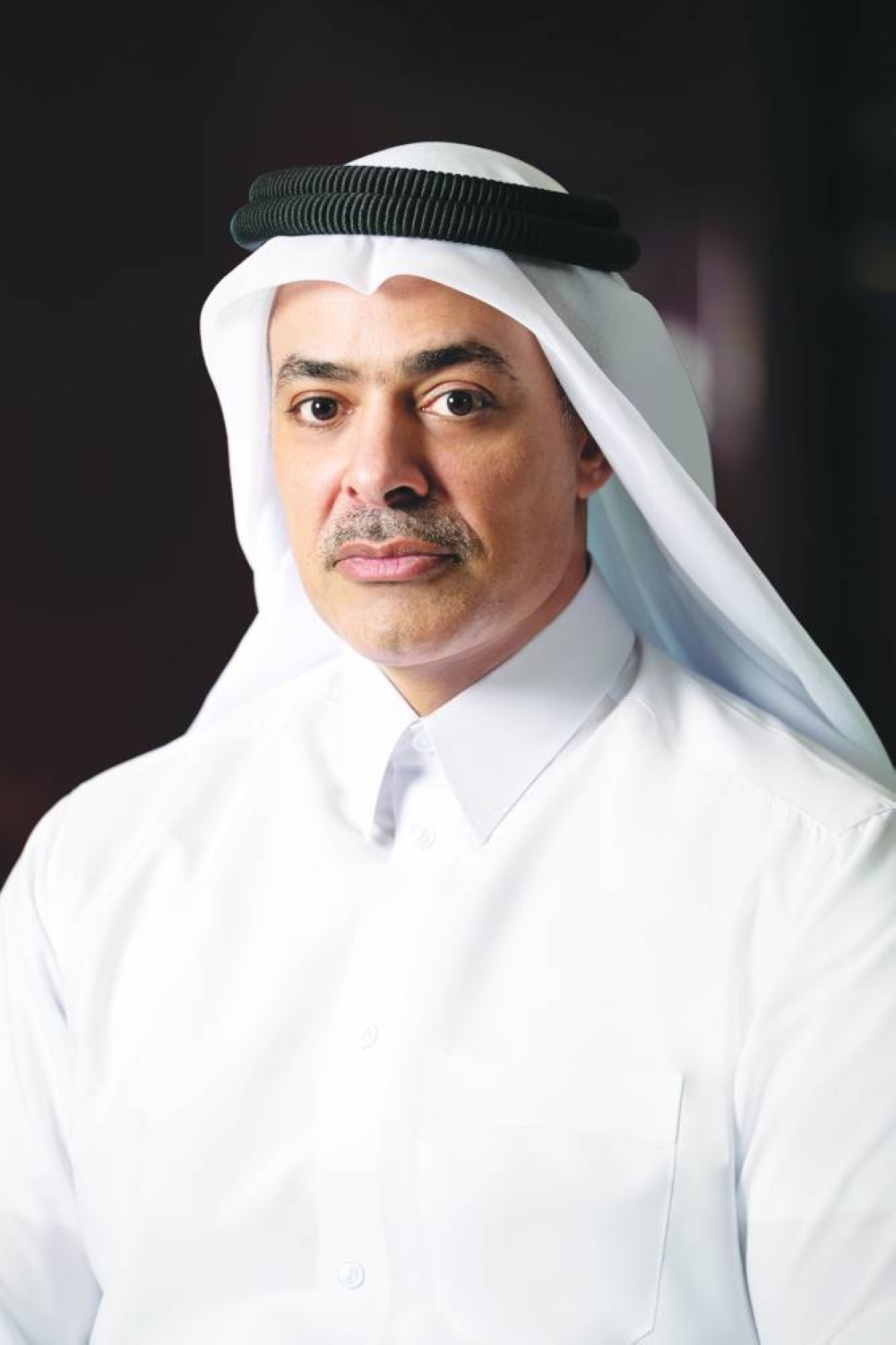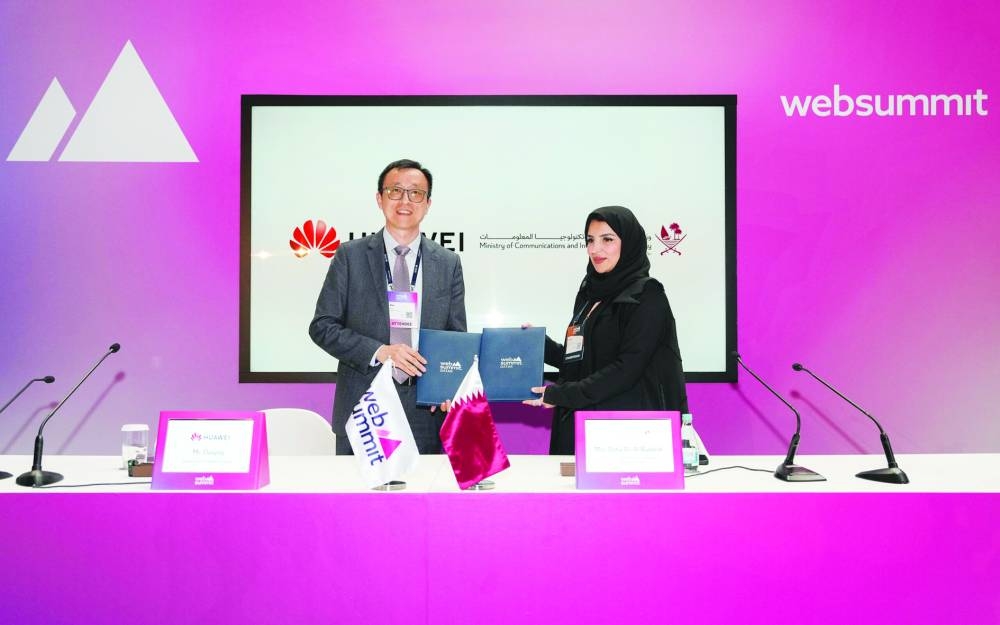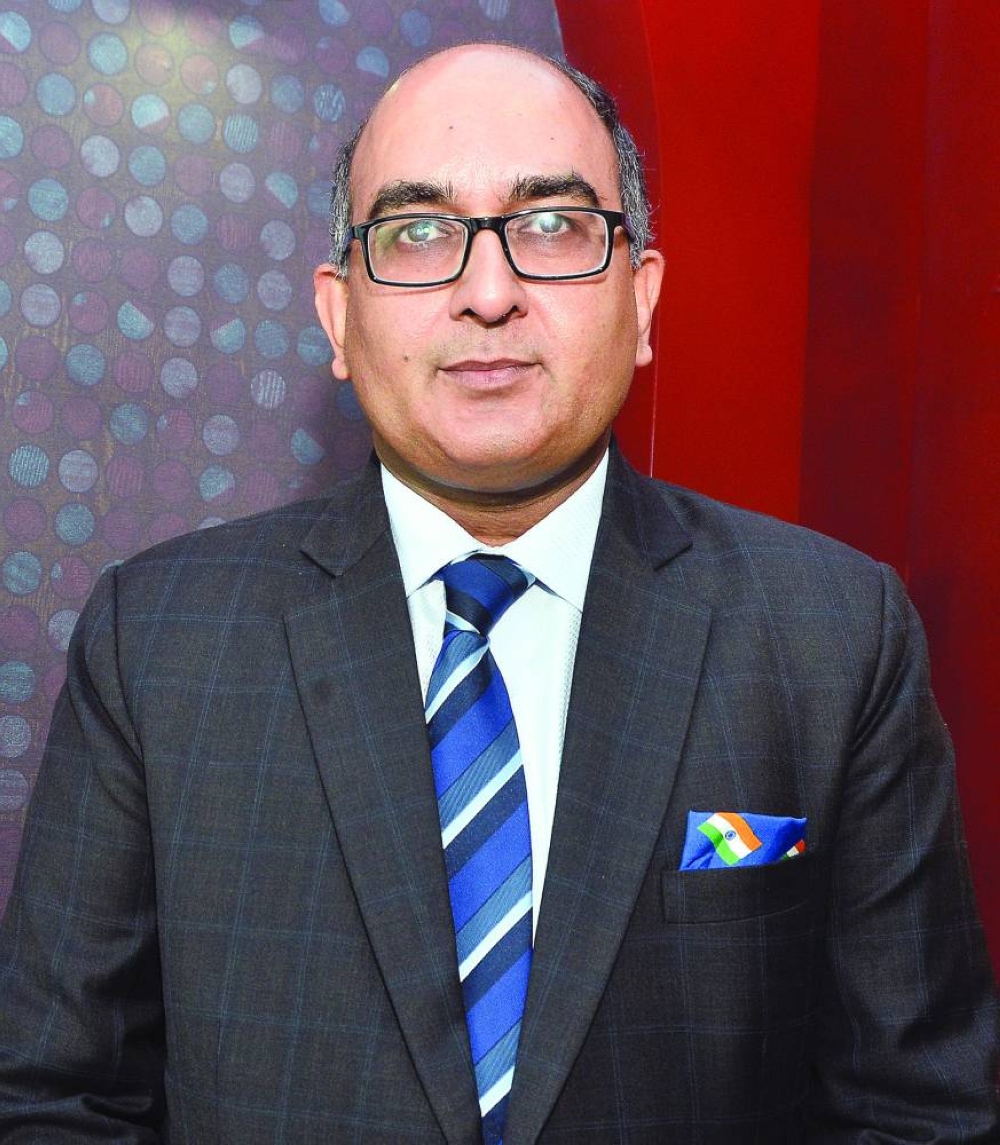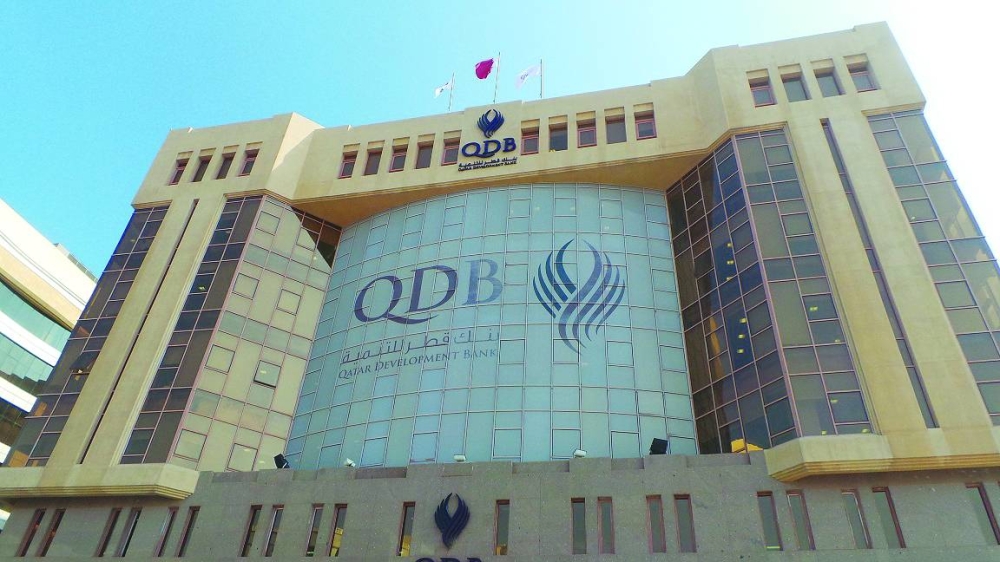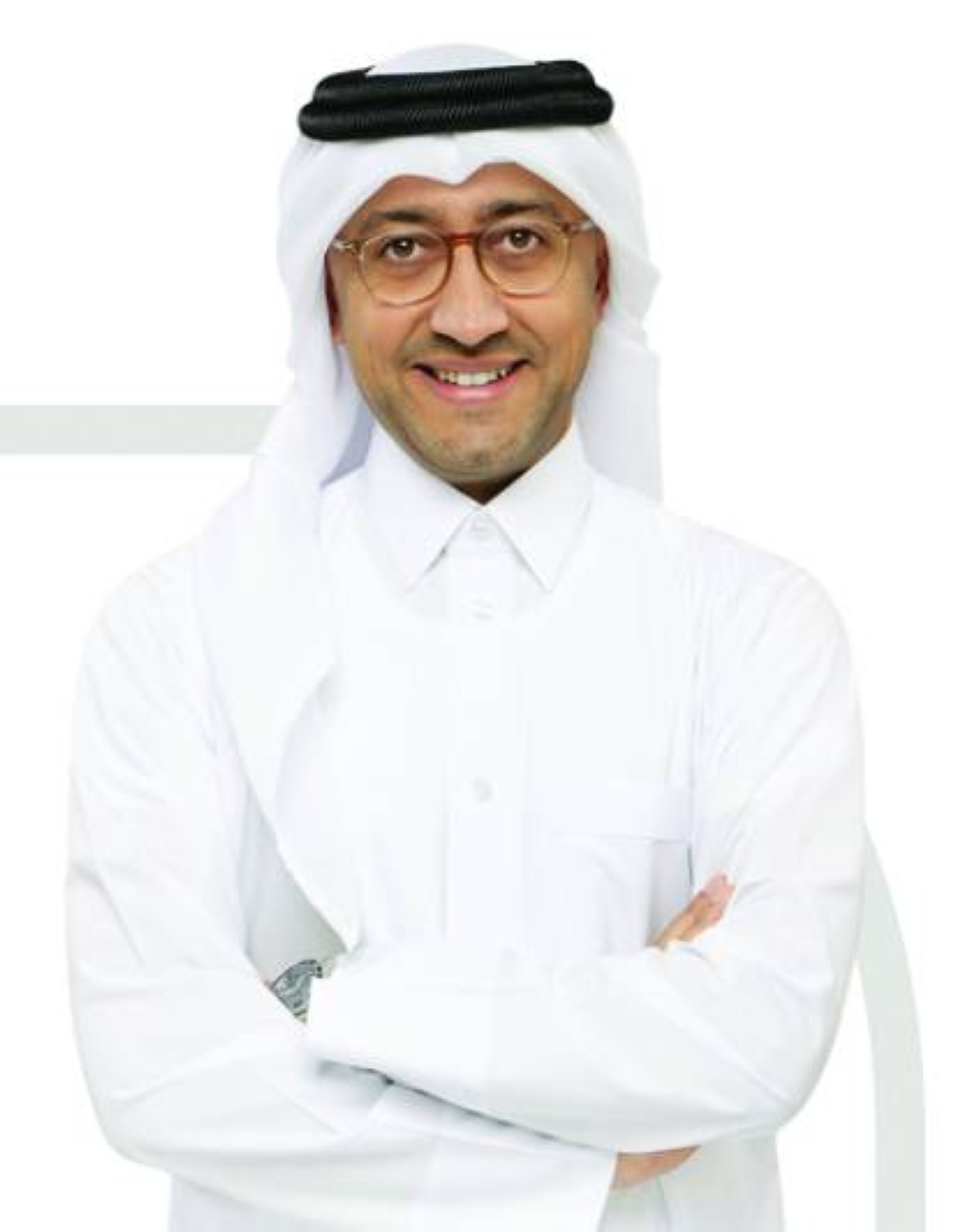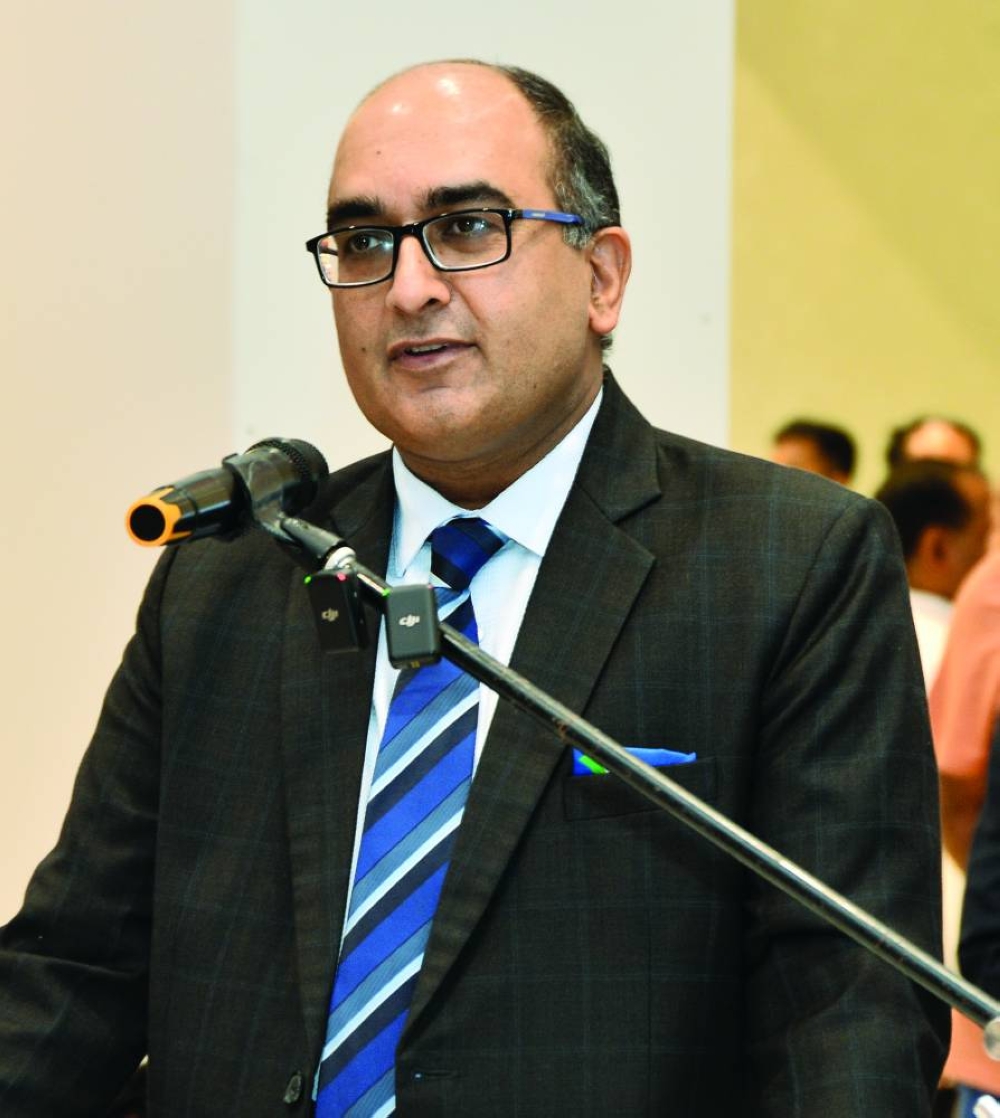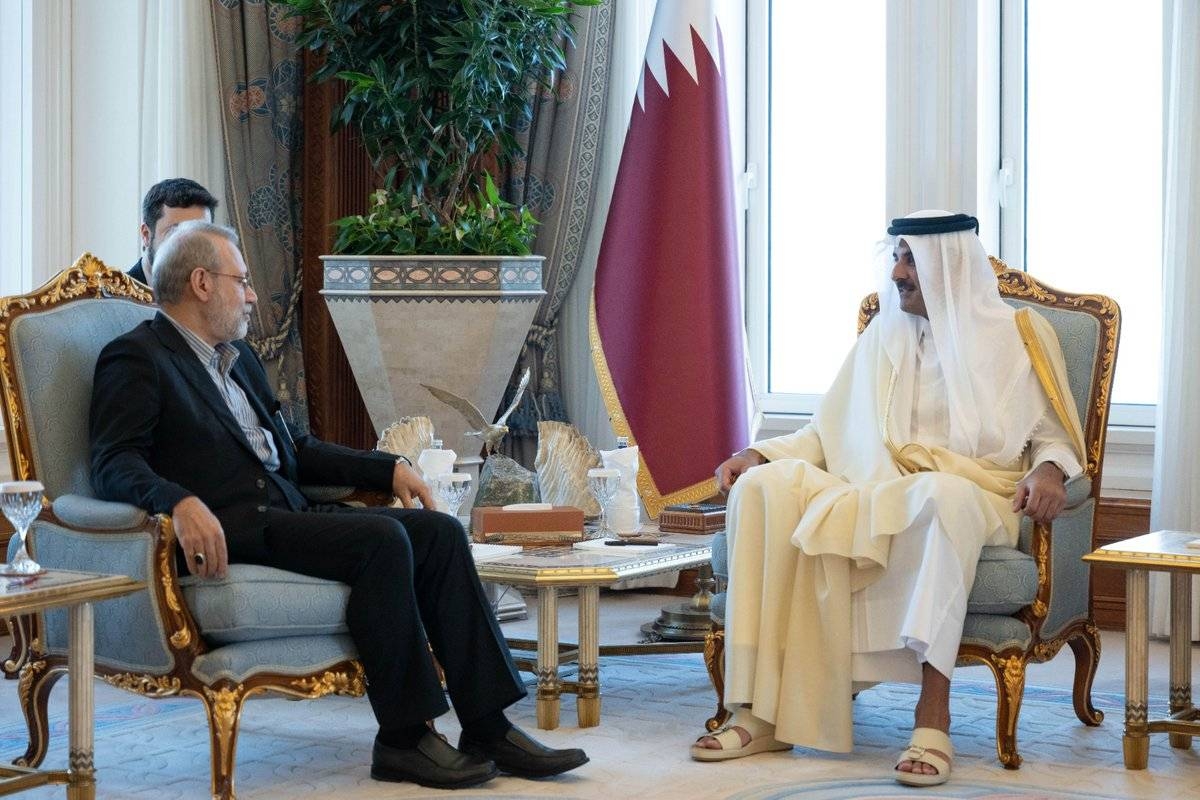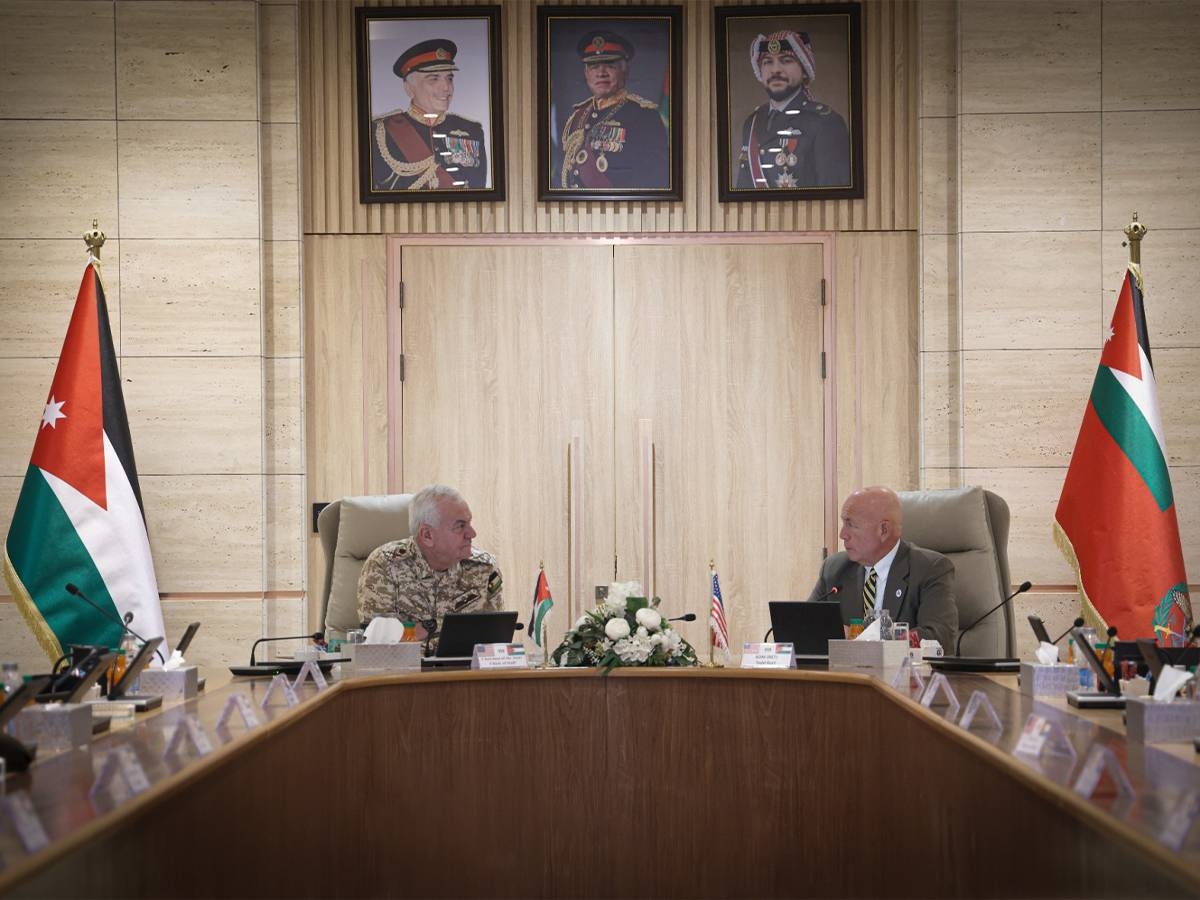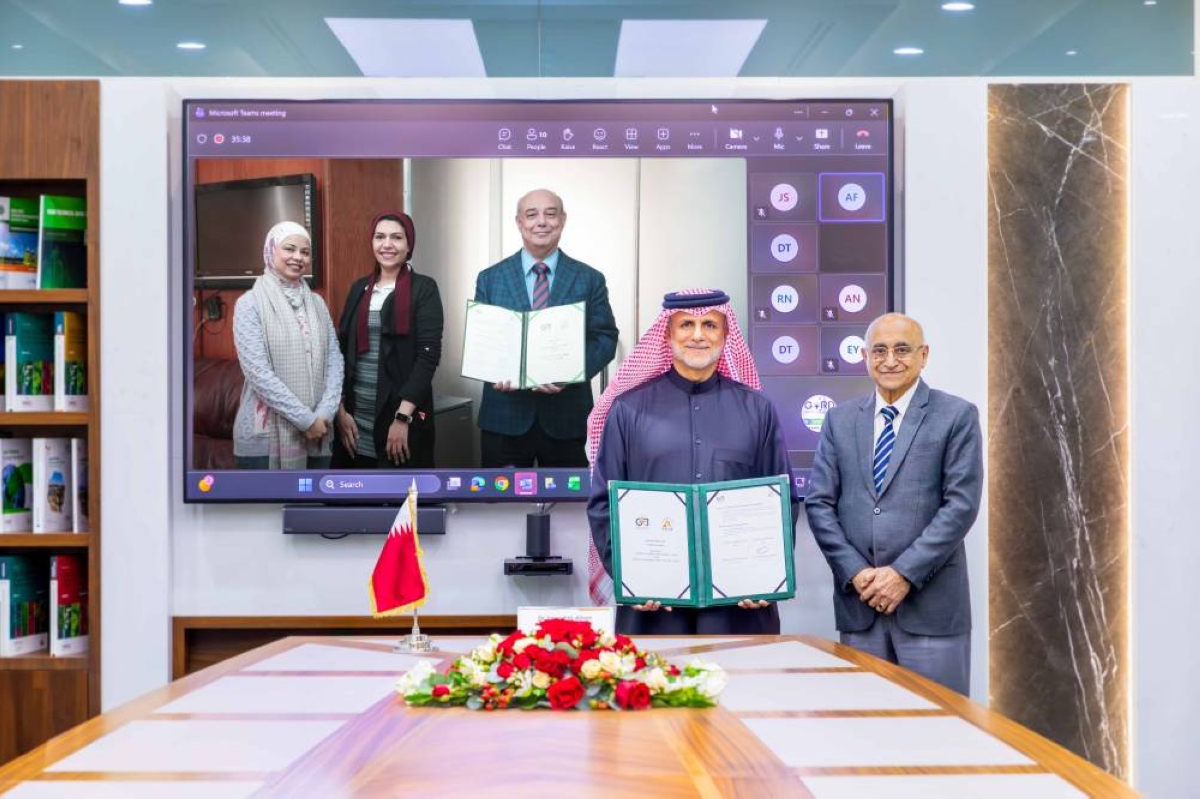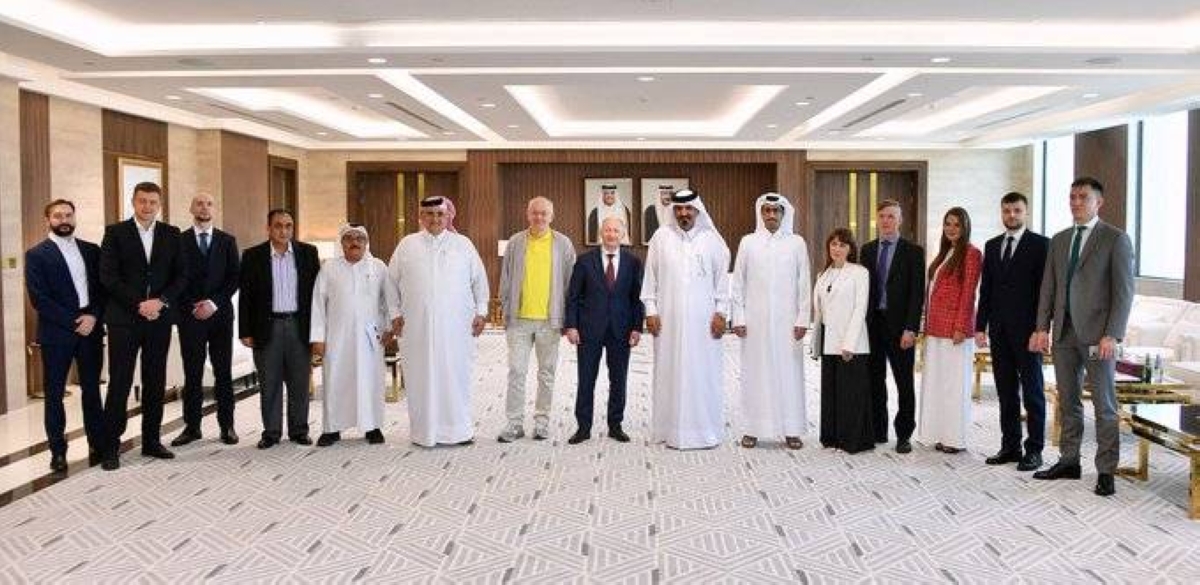United Development Company (UDC) is sharpening its strategic focus to bolster investor confidence and drive economic diversification in Qatar’s real estate sector, ahead of the third edition of the Qatar Real Estate Forum, scheduled on October 14-16 at the Doha Exhibition and Convention Centre (DECC).“We have refined our mission, vision, and value promise, not as a departure from our strengths, but as a necessary shift to align with the opportunities and challenges ahead. Investor confidence comes from knowing that a company is not only resilient today but also prepared for the future,” UDC President and CEO Yasser Salah al-Jaidah told Gulf Times in an exclusive interview.He said: “At UDC, we are applying our strategic choices to make that confidence tangible while delivering projects with consistency, diversifying our offerings to serve different market segments, and embedding sustainability and innovation into everything we do.”As the forum’s Platinum Sponsor, al-Jaidah emphasised that UDC is leveraging its strategic choices to deliver consistent project execution, diversify its offerings, and embed sustainability and innovation across its portfolio.“The message to investors is clear: UDC is future-ready,” al-Jaidah stressed, adding that the company is “building with long-term value in mind, and in doing so, reinforcing Qatar’s reputation as a stable and attractive real estate market, even in a shifting global economy.”Al-Jaidah emphasised Qatar’s political stability, sustained economic growth, and a clear legal framework that supports foreign ownership as key factors driving investment.“Within this landscape, The Pearl Island and Gewan Island have become more than real estate projects; they are destinations that embody Qatar’s ambition for world-class urban living,” he pointed out.He said, “What sets them apart is the combination of iconic architecture, premium lifestyle amenities, and state-of-the-art infrastructure, all anchored by an unrivalled waterfront setting. Investors are drawn not only to the strength of the assets, such as rental yields and long-term capital appreciation, but also to the quality of life these communities provide.“Ultimately, The Pearl and Gewan are proof of concept that in Qatar, investment in place-making can deliver both financial returns and vibrant, sustainable communities. That is the true appeal of investing with UDC.”Al-Jaidah underscored the importance of stakeholder collaboration in overcoming sector challenges: “Real estate is too complex to be solved in silos. At UDC, we work hand-in-hand with government agencies, financial institutions, contractors, and community representatives to ensure alignment from concept to completion.”He added that trust is built through transparent communication and consistent delivery. “We reinforce this with joint initiatives, regular engagement sessions, and shared performance metrics, so that stakeholders see themselves as partners in success, not just participants in a project,” he stressed.Speaking on market trends, al-Jaidah said Qatar’s luxury real estate segment remains “remarkably resilient,” where rents for premium apartments continue rising, particularly in prime districts like The Pearl and West Bay.Citing published data, al-Jaidah said residential sales are also seeing renewed momentum. “In Q1 2025, transaction volumes rose by 13.2% quarter-over-quarter, with sales values in areas such as The Pearl and Al Qassar jumping by over 50%,” he continued.He further said, “These trends reflect a growing appetite for mixed-use, sustainable, and tech-enabled living. In response, The Pearl Island and Gewan Island are positioned not just to keep pace with these shifts, but to lead them.”Asked about UDC’s strategic priorities for the next five years, and how the Qatar Real Estate Forum help advance those goals, al-Jaidah said: “At UDC, we are committed to creating inspiring destinations that provide lasting value and exceptional experiences. This is achieved through our focus on cost competitiveness, excellence and innovation, ensuring our projects meet and exceed stakeholder expectations.”He added: “The Qatar Real Estate Forum is an ideal platform to advance these goals. It allows us to engage directly with policymakers, investors, and peers, share our outlook for The Pearl Island and Gewan Island, and build partnerships that accelerate progress. For UDC, it’s about turning vision into action by creating destinations that not only inspire but also deliver lasting value for Qatar and beyond."

Peter Alagos
Peter Alagos reports on Business and general news for Gulf Times. He is a Kapampangan journalist with a writing career of almost 30 years. His photographs have been published in several books, including a book on the 1991 Mt. Pinatubo eruption launched by former Philippine president Fidel V. Ramos. Peter has also taught journalism in two universities.
Most Read Stories
4

